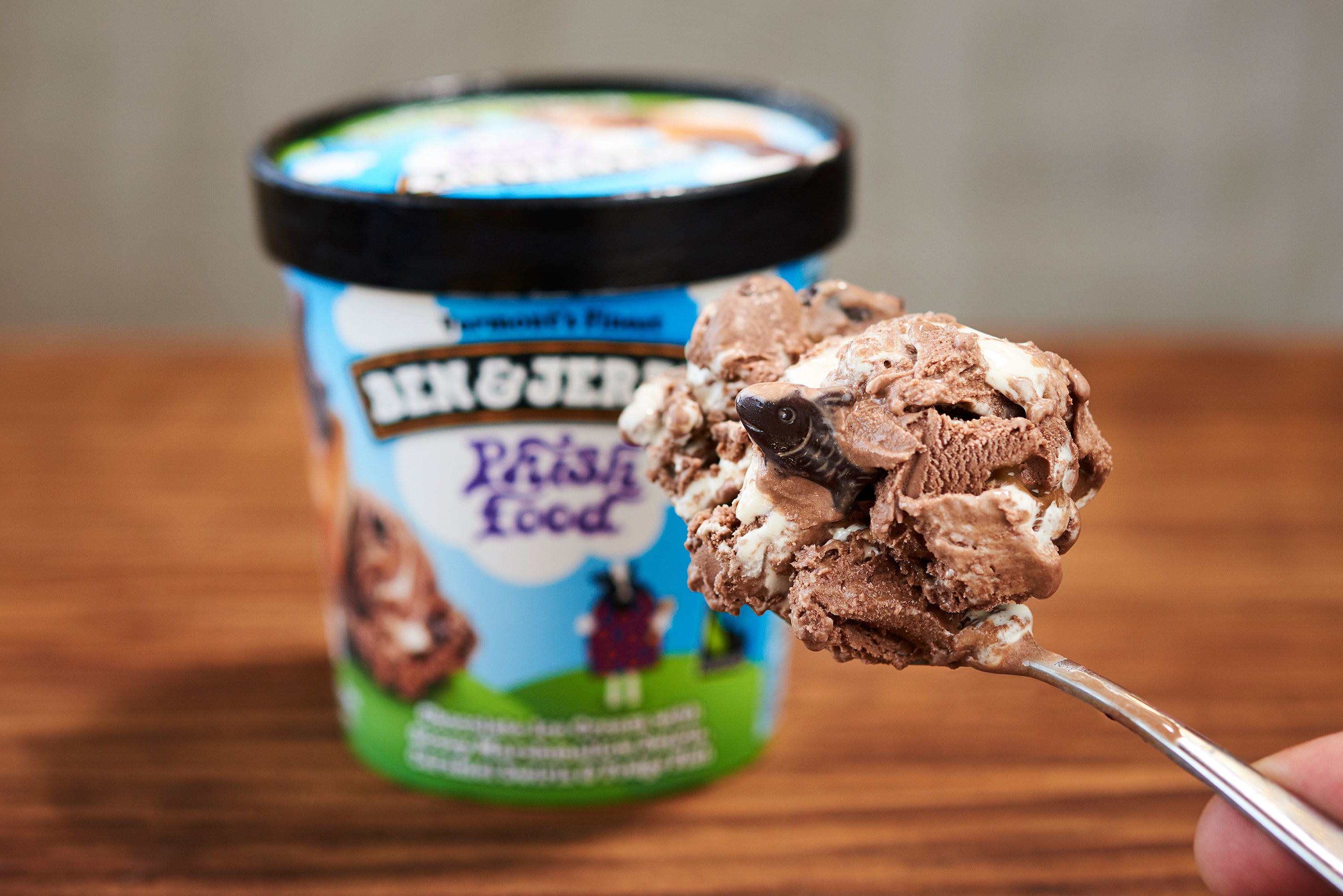Ice cream business sweetens Unilever turnaround as sales grow
The Ben & Jerry’s and Wall’s brands helped boost Unilever in the third quarter, despite plans to hive off the ice cream business.

Marmite maker Unilever enjoyed rising sales in recent months despite ongoing cost pressures affecting global consumers, helped by a boom at its ice cream business which it plans to spin off next year.
The consumer goods giant, which makes Dove, Hellmann’s and Magnum products, said sales rose 4.5% in the three months to September, versus the same period last year.
Its ice cream brands, which include Ben & Jerry’s and Wall’s, sold nearly 10% more year-on-year. Without the ice cream business, Unilever’s total sales only grew 3.6%.
Unilever has been in the midst of a major turnaround plan, which involves 7,500 previously announced job cuts and simplifying its business, including offloading the ice cream division.
Chris Beckett, head of equity research at Quilter Cheviot, said the planned ice cream business sale “has clearly focused management and helped to deliver good growth”.
He added: “Perhaps they could put more business units up for sale if these are the results it can generate.”
While sales were stronger in Europe and America, where customers are broadly recovering from the cost-of-living crisis of the last few years, the key Chinese market continued to cause headaches for Unilever.
The company said its Chinese sales declined in the “low-single digit” range, with weak consumer sentiment continuing to hit business.
Chief executive Hein Schumacher said the turnaround was continuing according to plan, and that the ice cream business will be separated by the end of next year.
He added: “We are starting to see the positive impact from scaling fewer, bigger innovations across our markets supported by increased brand investment.”
AJ Bell investment director Russ Mould said the new CEO has made “genuine progress with the business” partly by “slowing down price increases”.
He said: “Unilever faces a tricky balancing act between protecting its profitability and not alienating shoppers.
“This is a particular risk in developed markets where customers have the option of trading down to generic alternatives but less of an issue in emerging economies where these kinds of options are not readily available.”
Bookmark popover
Removed from bookmarks